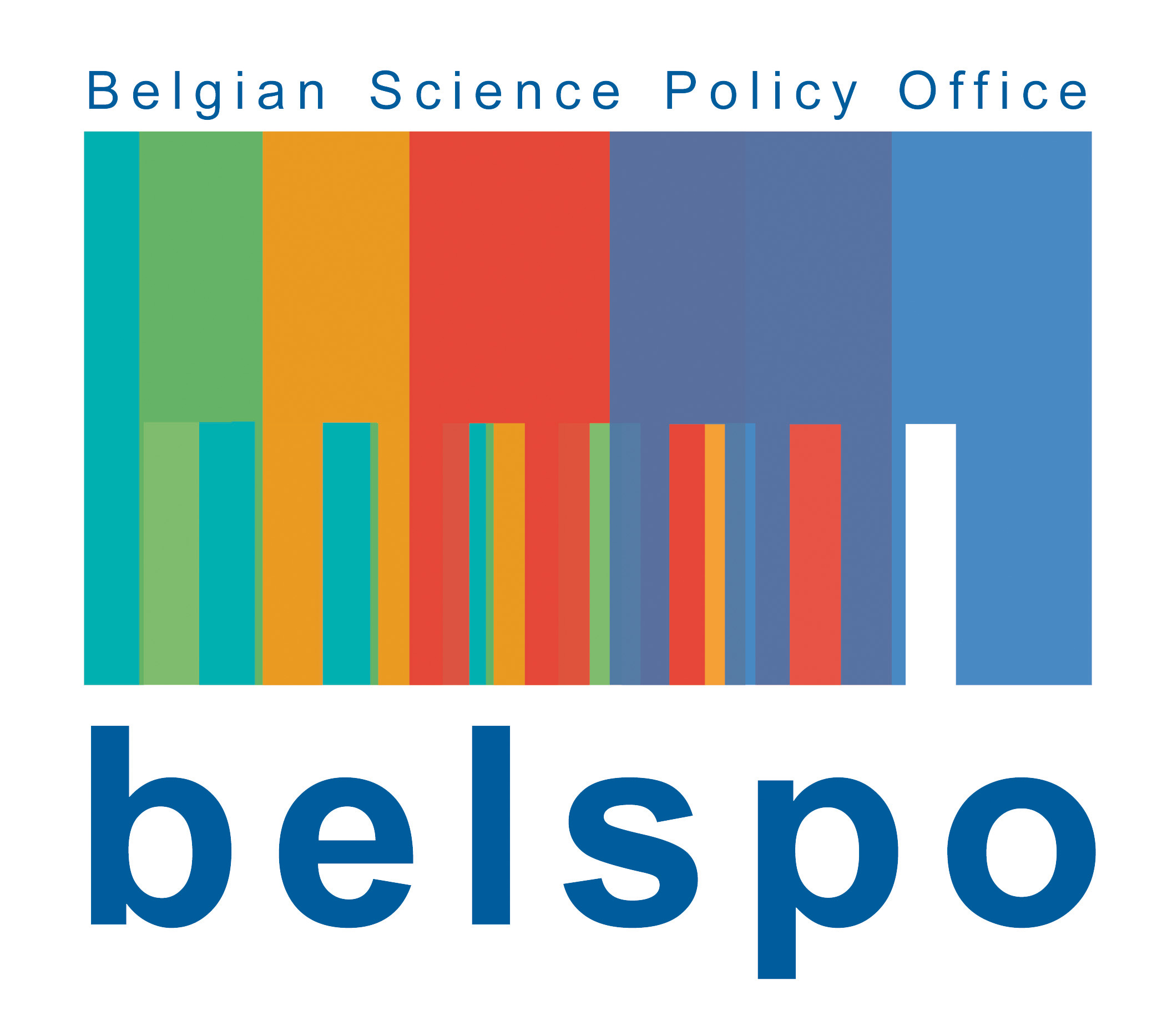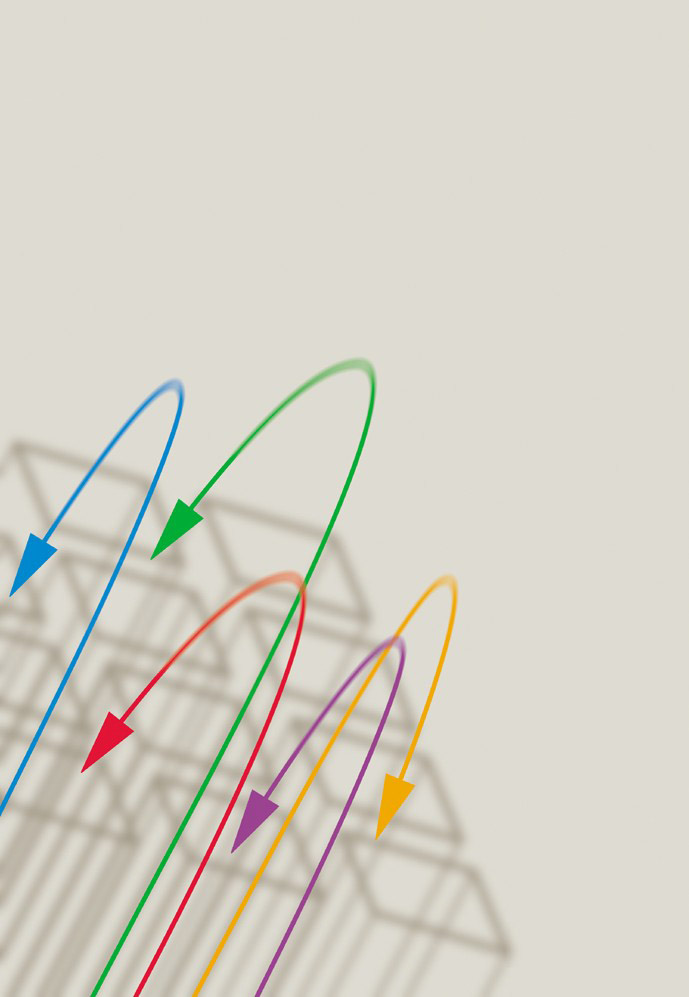Work package 6: Training (all partners)
Modules on our training program will be available to PhD students and young researchers aiming to improve their career perspectives by broadening their scientific skills. They will also support experienced researchers in complementing or acquiring new skills and competencies. Besides the lectures already available in the different Graduate colleges (FRS-FNRS) and Graduates schools (Universities of the network), the IAP will organize the following activities:
A biannual three days’ workshop on proteomics (P2, P6). The aim of the workshop is to help partners to design a proteomics experimental workflow and to train researchers in the interpretation of mass spectrometric data and in result file handling. Invited speakers will show plausible proteomic data handling to those interested and working in the field and to novice.
An annual one day workshop on bioinformatics tools (P4). The aim of the workshop is to present the different techniques available to predict protein/ membrane interactions. People from the lab will present what can be done with different examples previously studied. We will invite an external person, presumably from the group of Prof Samson, University Oxford, UK specialized in the interaction between peptides and lipids by molecular dynamics (Gromacs).
Global Regulatory Networks in Bacteria (INT3, P1). Series of lectures and workshops will be given in Leiden University on understanding how global regulatory networks govern gene expression in bacteria, with comparison to (lower) eukaryotes. We will look at how environmental signals are translated to switch sets of genes on and off, and how this affects metabolism, competence, development and antibiotic production. This course includes workshops on use of the databases and regulon prediction.
Finally, lectures and practical training on NMR (INT1) will be organized in Oxford for the researchers that will use the research infrastructures participating to both the Bio- and EAST-NMR projects financed by the European Commission European facilities on NMR.
Thematic weeks (organized every year)
Bacterial resistance (P1, P2). The different resistance mechanisms developed by bacteria against the different classes of clinically used antibiotics will be reviewed. A particular focus will be made on bacterial resistance towards aminoglycosides and inactivators of the enzymes involved in the biosynthesis of the bacterial cell wall. The different mechanisms of propagation of the resistance genes will be discussed and their potential biological cost analysed. The methods designed for the rapid detection of resistance mechanisms will be presented. Finally, the techniques recently developed for the design or high throughput screening of new antibiotics will be discussed.
Extremophile (P1). The objectives of this thematic week are to tackle the following questions: which are the actual physico-chemical limits of Life on Earth? Which is the phylogenetic and metabolic diversity of the organisms living in extreme conditions? Which mechanisms have they invented to accomplish their life cycle in these conditions? The molecular adaptations of organisms to extreme conditions (pH, temperature, pressure, osmotic pressure) will be analysed.
Protein purification (P1). The lectures will be focused on the strategies developed to obtain a pure and biologically active protein. The different chromatographic techniques will be reviewed. In addition, the up to date techniques used in the production and purification of membrane proteins will be presented.
Directed evolution of proteins (P3). In this thematic week, the technologies of phage display, high throughput screening in protein engineering will be discussed. During all the week, different practical works will be organized.
Protein structure and function (P1, P3). The different modern techniques used for the studies of protein structure and stability will be presented. Two major themes will be discussed: X-ray diffraction and amyloid fibers. Each lecture is organized in two parts. In the first part, the theory will be presented. The second part will be dedicated to practical work.
Go to WP1
Go to WP2
Go to WP3
Go to WP4
Go to WP5

